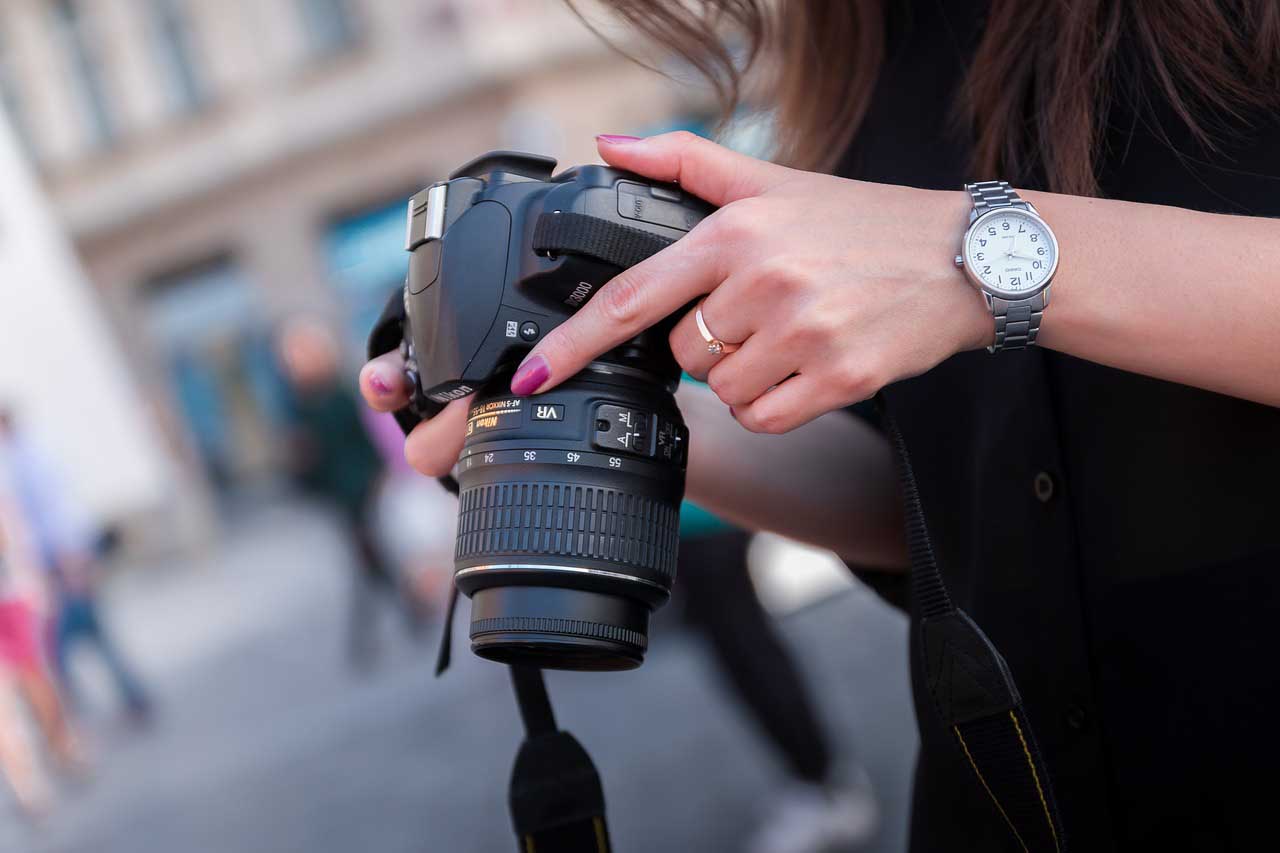
The world of photography stands on the brink of an intriguing evolution. As artificial intelligence grows more sophisticated, the potential for this technology to reshape photography is clear. However, this need not be seen as a threat to professional photographers. Instead, it should be recognised as an exciting opportunity to enhance our craft, extend our services and expand our businesses.
One of the significant ways photographers can leverage AI is by integrating it into their workflow to reduce time-consuming, repetitive tasks. AI-powered software can assist with everything from sorting and categorising images to sophisticated photo editing tasks like colour correction, skin retouching or background removal. This frees up valuable time, allowing photographers to focus more on the creative aspects of their work, nurturing client relationships or expanding their businesses.
AI can also transform the way photographers handle large volumes of work. For instance, in event photography, where hundreds or thousands of photos are captured, AI algorithms can rapidly sift through these, picking out the images that are in focus, well-composed and contain recognised faces. This ability to process vast amounts of data quickly and accurately will significantly cut down on photographers’ post-production time.
Beyond workflow optimisation, AI opens also up opportunities to create new types of images and services. For instance, AI can generate realistic virtual backgrounds or create composite images that would be costly or impossible to capture in reality. Photographers can leverage this capability to offer innovative, customised solutions to their clients, be it in advertising, fashion or portrait photography.
The ability of AI to analyse and learn from vast datasets also holds promise for market research and strategic planning. AI-powered analytics can reveal trends and patterns in styles, themes or subjects that resonate with specific audiences. This insight can guide photographers in tailoring their work to meet market demands, thus giving them a competitive edge.
Moreover, embracing AI can facilitate photographers to venture into the growing realm of virtual reality (VR) and augmented reality (AR). Whether it’s creating immersive virtual tours for real estate, developing interactive AR filters for social media or producing high-resolution 360-degree images for e-commerce, photographers can offer a wide array of services that were previously inaccessible.
As AI technology advances, the line between photography and digital art is becoming increasingly blurred. Today’s photographers can use AI as a creative partner, producing artwork that combines the best of human creativity and AI’s capabilities. This creates an entirely new genre of art, where photographers are not just capturing reality but reimagining it.
The rise of AI in photography signifies not the end, but a new beginning. It represents a wealth of opportunities waiting to be explored. It’s an invitation to photographers to push the boundaries of their creativity, extend their services and grow their business.
To thrive in this evolving landscape, photographers need to adapt and embrace the change. It’s time to see AI not as a replacement, but as a partner – one that can complement our skills, enhance our creativity and, ultimately, help us tell better stories through our lenses.



